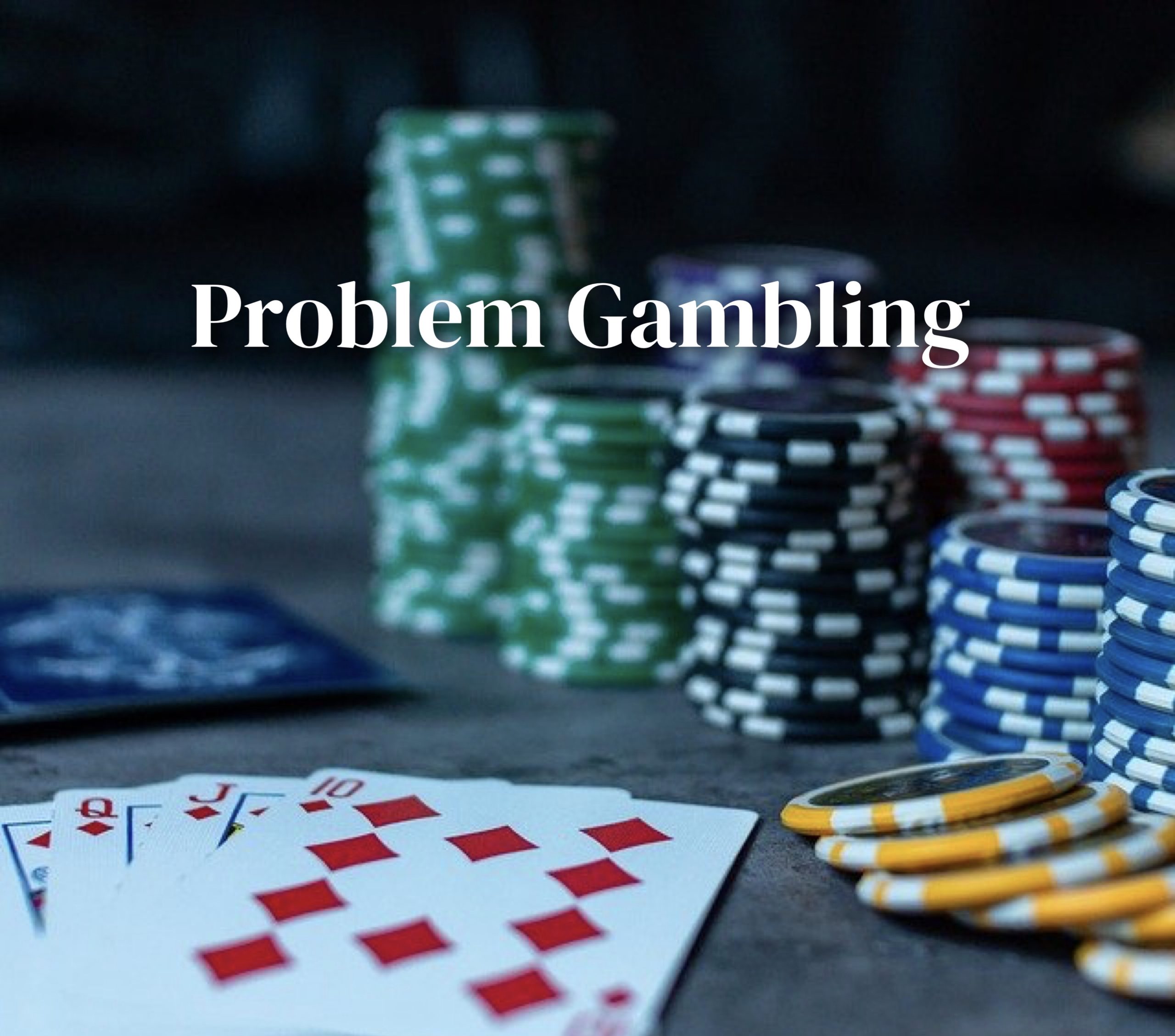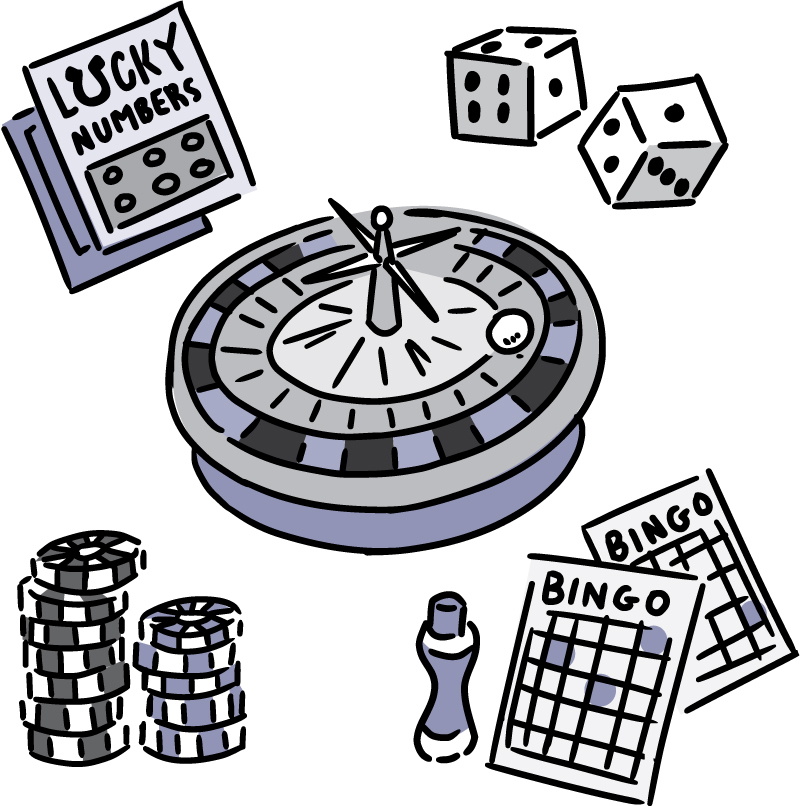Causes as cataloged by the DSM-5: The onset of gambling disorder can occur during adolescence or young adulthood, but in other individuals it manifests during middle or even older adulthood. The Causes of Compulsive Gambling Experts claim that several factors contribute to compulsive gambling. People can be addicted to gambling not because they have a lot of money. The truth is that most people who addicted to gambling are people who have a financial problem.
- At the same time, there might be other factors that can trigger gambling addiction. It might be mental health problems like bipolar disorder, obsessive-compulsive disorder, and ADHD. Personality traits may also be the cause of addiction. For example, some people are in constant search for excitement and thrill.
- Common forms of gambling include betting in casinos or on sporting events. Gambling disorder describes a loss of control of gambling behavior that causes significant problems with finances, work, or personal relationships. Sometimes it is also called compulsive gambling or problem gambling.
Every person’s gambling addiction story is different. Some problem gamblers started to make money, others began because it was a good distraction from other emotional or physical issues, and many people crave the thrill gambling creates due to chance of winning money or other prizes.
But those early stages of gambling can all lead to serious problems as the addiction takes over other aspects of life, including financial, domestic and workplace behaviors.

Are you struggling with problem gambling, and don’t know what caused it? Addictions are hard to overcome, and you may often be asked by family, friends, and other acquaintances,
“Why can’t you stop gambling?”
“What made you start?”


“Look at what is happening – Why are you still doing it?”
And while it’s very frustrating to be asked those questions all the time, it can be even more stressful if you don’t know the answer yourself: What caused my problem gambling addiction?
Demographics
Anyone – of any age, gender, ethnicity and background – can be at risk of development problem gambling.
Age
Older people are more likely to gamble on a weekly basis, but young adults are almost three times as likely to have experienced problem gambling in the past year. Problem gamblers are all ages, though more people develop gambling problems while in their 20s and 30s than those who develop addictions in their 50s and 60s.
Gender
If you took a poll on the street, you’d find that just as many women are likely to have gambled in the past year as males. That said, males are three times more likely to experience problem gambling.
Ethnicity
People across most ethnicities are equally likely to have gambled on a weekly basis. Studies have shown Blacks and Hispanics were almost twice as likely as Whites to have experience problem gambling.
Background
Problem gamblers hold all levels of employment, are married and unmarried, and have all kinds of medical records, from healthy to having histories of substance use disorders and other medical issues.
Risk Factors
Gambling opportunities are not hard to find. You can gamble at home using the phone or internet, or go to the grocery store and purchase lottery tickets. You can visit your local OTB, casino or racetrack and gamble for five minutes or five hours.
Here are a few other risk factors:
– Beginner’s luck after your initial gambling attempts
– Boredom, loneliness or frustration
– Financial issues such as debt or low-income
What Causes Gambling Problems Solving
– Experiencing traumatic experiences
– Existing addictions, such as drugs or alcohol

Identifying Problem Gambling
Even if the cause of your gambling addiction is never identified, you can seek treatment for problem gambling. Experts throughout New York State know the signs of problem gambling and can provide treatment to guide you toward your recovery.
If you have a gambling addiction, don’t hesitate to seek help. Contact an expert right now: 1-877-8-HOPENY.
